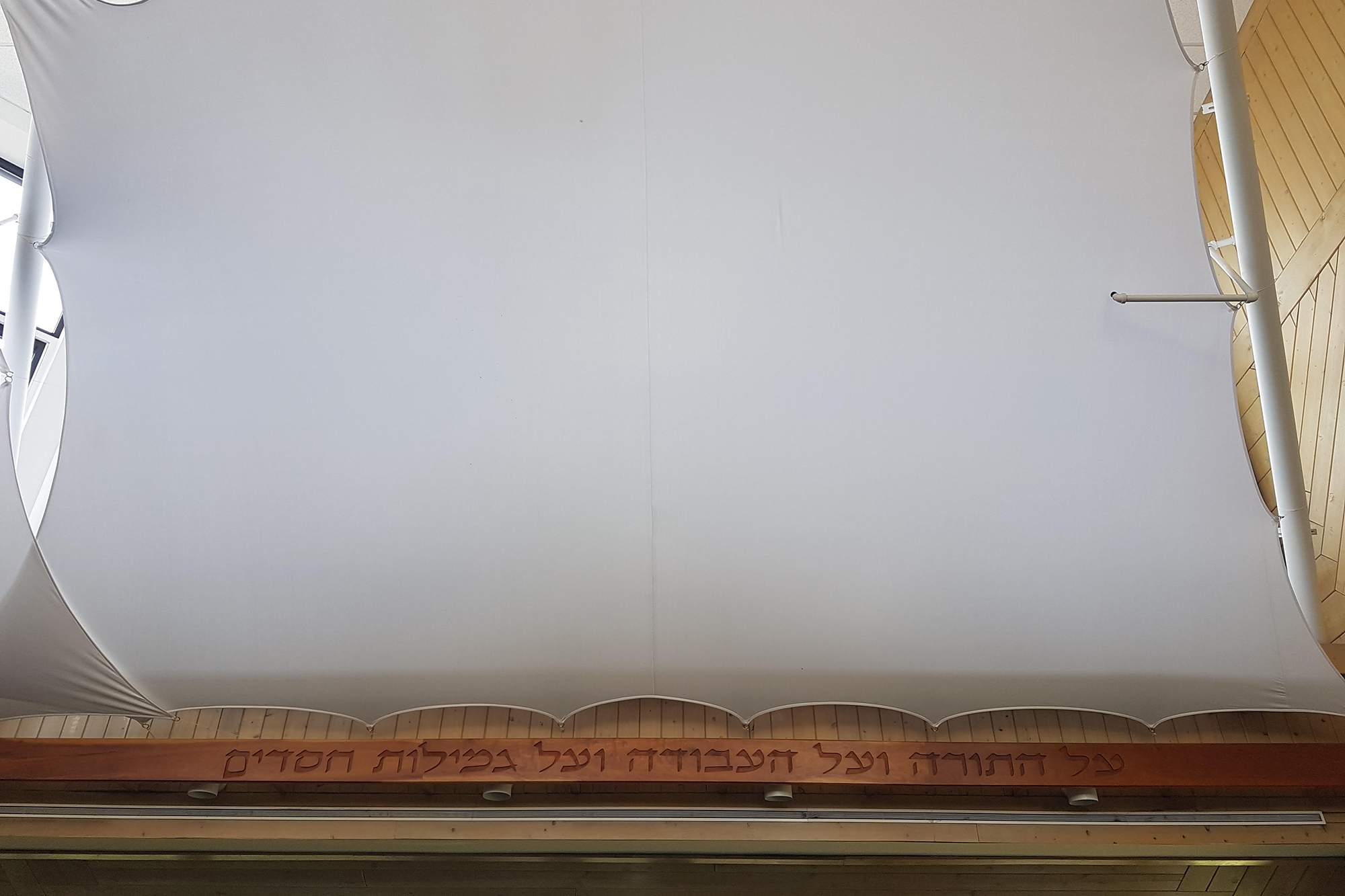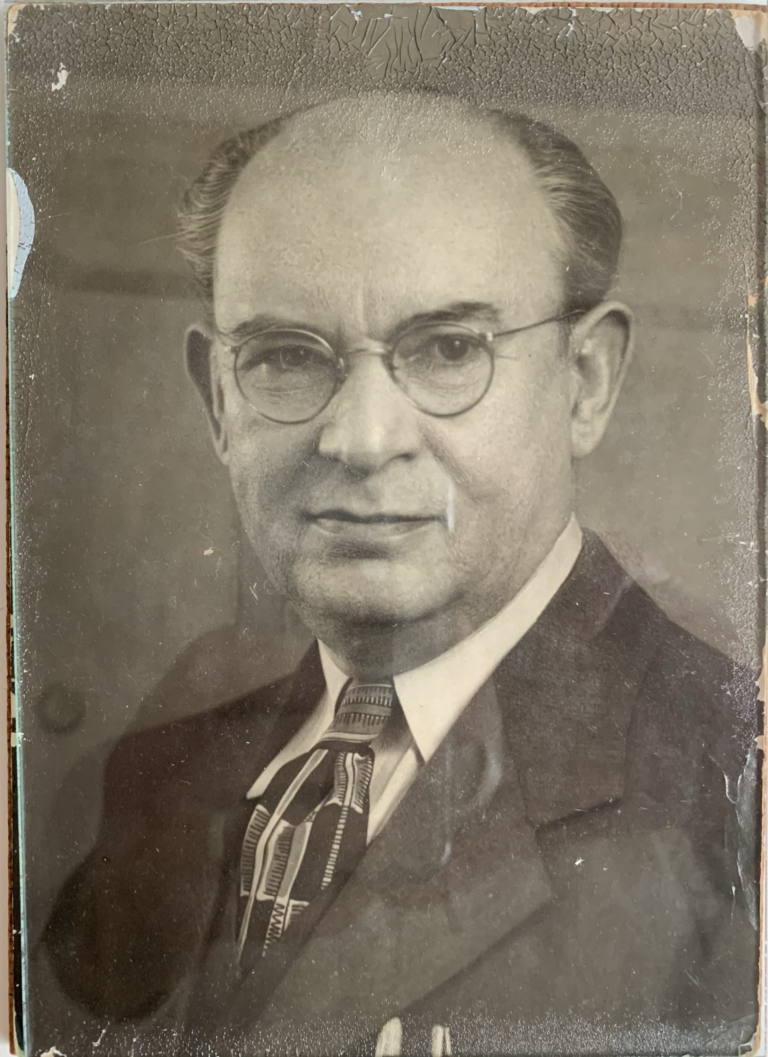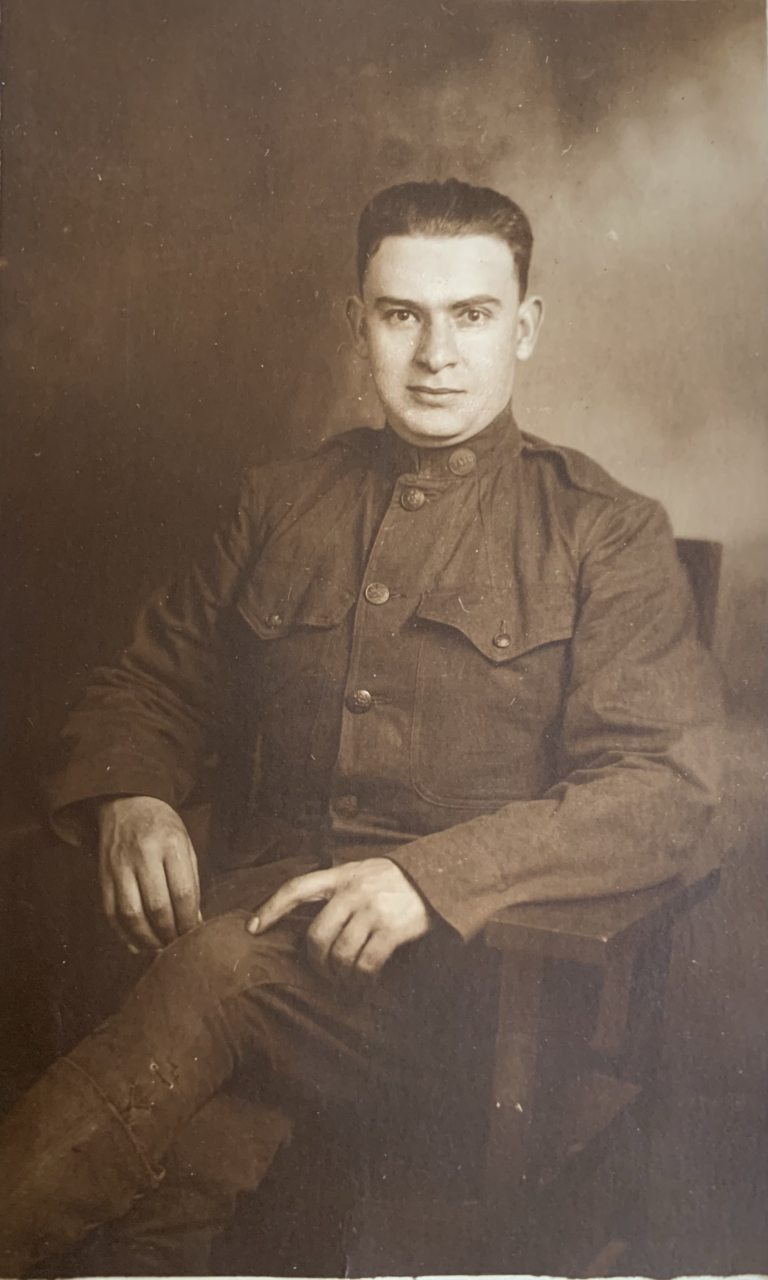
← Return to Home / 301-767-3333 / info@adatshalom.net
You are here: Home » Shabbat Voices with Aaron Lansky
Aaron Lansky is the founder and president of the Yiddish Book Center, a nonprofit organization working to recover, celebrate, and regenerate Yiddish and modern Jewish literature and culture. Since 1980, Lansky and his colleagues have rescued more than a million Yiddish books, most of which would otherwise have been lost or destroyed. Today, they are bringing old books to new readers through groundbreaking initiatives in digitization, translation, oral history, and education. Aaron holds a B.A. in Jewish History from Hampshire College, an M.A. in East European Jewish Studies from McGill University, and honorary doctorates from Amherst College, Hebrew Union College, and the State University of New York. He has received numerous awards and recognitions, including a so-called “genius grant” from the MacArthur Foundation. His bestselling book, Outwitting History: The Amazing Adventures of a Man Who Rescued a Million Yiddish Books, won the Massachusetts Book Award in Nonfiction in 2005. In 2014, the Yiddish Book Center received the National Medal for Museum and Library Service in a White House ceremony.
Irving (Yisroel) Steinhorn was born into a middle-class merchant family in a small all-Jewish shtetl in the area of Kam’yanets Podil’s’kyi in southern Ukraine near the border with Romania. His father and grandfather died when he was two and a half years old. That left him needing to work seasonal jobs from a very young age such as Purim messenger, matzo maker, rope maker, bean picker. After his mother died when he was aged 13 his uncles shipped him off to be a companion to their Hasidic Rebbe’s son, a job he did not like that lasted for three years. In the ensuing years he cycled between jobs he did not like and jobs which he left because he felt underpaid. With the help of an older sister and dodgy paperwork he left for America in 1911 to avoid conscription.
Arriving in New York with only the name of someone from his hometown, he was taken in and taught the furrier trade. He was a Socialist and became active in the creation of the furriers union, joining as member #105 when they started counting from #100! When they called their first strike in 1913, he was Chairman of the Picket Committee with the responsibility to make sure no shops remained open, a perilous position at a time when killings and disappearances from the anti-union business and government gangs was commonplace. While the union eventually won the strike, he was laid-off as an instigator. He moved to Syracuse to study engineering, but after being told “You’re a Jew, you’ll never get hired as an engineer” he stuck with the fur business. He subsequently enlisted in the US Army to earn his citizenship.


After the War he returned to Syracuse and built a successful fur business – until his partner torched it in 1932 for the insurance money. After struggling early in the Depression, he moved to Montclair, NJ and in 1936 started a new fur business, that among other successes put all of his three grandchildren through college. He contributed his time to many local civic organizations, including serving as President of the Montclair Jewish Community Center, President of the New Jersey Furriers Guild and Chairman of United Jewish Appeal drives.
Oh. And his daughter Annabel born in 1921, who was shipped off to Northwestern University in 1936, subsequently met my father and settled in Oak Park, Il and later my own story begins. We saw Grandpa Irving for at least a couple of weeks a year either in Montclair or Oak Park. While he never spoke Yiddish to us, he was a warm old guy who drank his tea through a sugar cube, showered us with excess mink feet, tails and heads, taught us how to play the card game ‘casino’ and enjoyed beating us in chess.